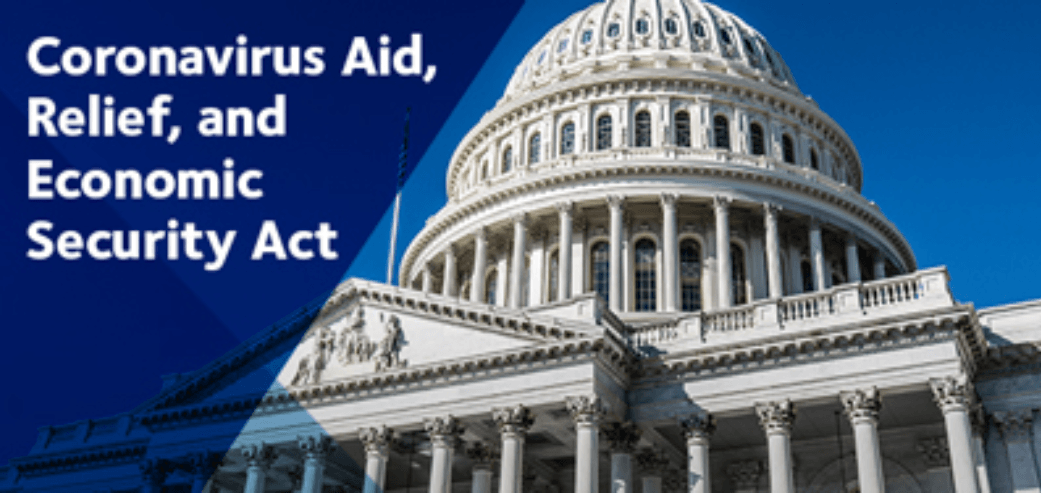Note: This information is excerpted from the "Tax Strategies" column by Barry Lisak that appeared in the April 10, 2020 edition of The Chief.
To respond to some of the impacts of the Coronavirus (COVID-19) pandemic on individuals, Congress swiftly passed the Coronavirus, Aid, Relief, and Economic Security Act (CARES Act). President Trump has signed the CARES Act into law.
The CARES Act will provide a payment for 2020 of $1,200 to individual filers with adjusted incomes of $75,000 or less (or $112,500 or less for head of household), and for $2,400 to married couples with adjusted incomes of $150,000 or less. There is an additional $500 credit for each of the "qualifying children" under the age of 17.
For taxpayers with incomes over the $75,000/$112,500/$150,000 income thresholds, the credit is reduced by 5% for each thousand dollars of additional income. The result is that single taxpayers who have an adjusted income of more than $99,000 or heads of household that have an adjusted income of more that $146,500 or joint filers that have an adjusted income of more than $198,000 will not receive a payment.
The above payments will be based on your 2019 tax filing; or on your 2018 tax filing, if you have not filed for 2019 (The April 15 tax filing deadline for this year has been extended to July 15.)
This payment is available to those with no income, and those whose income is from non-taxable means-tested benefit programs like SSI. Individuals who don't file taxes and collect Social Security benefits are also eligible for payment.
The CARES Act temporarily waives, for the 2020 calendar year, the required minimum distribution (RMD) for certain defined-contribution plans and IRAs.
If a taxpayer is adversely impacted as a result of the coronavirus , there are special rules for corona-related distributions from retirement accounts. The 10 percent early withdrawal penalty for distributions up to $100,000 from qualified retirement accounts made on or after January, 2020 is waived. These distributions would be subject to tax over a three-year period and the taxpayer may re-contribute the funds within three years.
In order to get any payment you must have a Social Security number and not be a dependent on someone else's tax return. These payments are not considered as taxable income.
For more information, please click on the link below.

